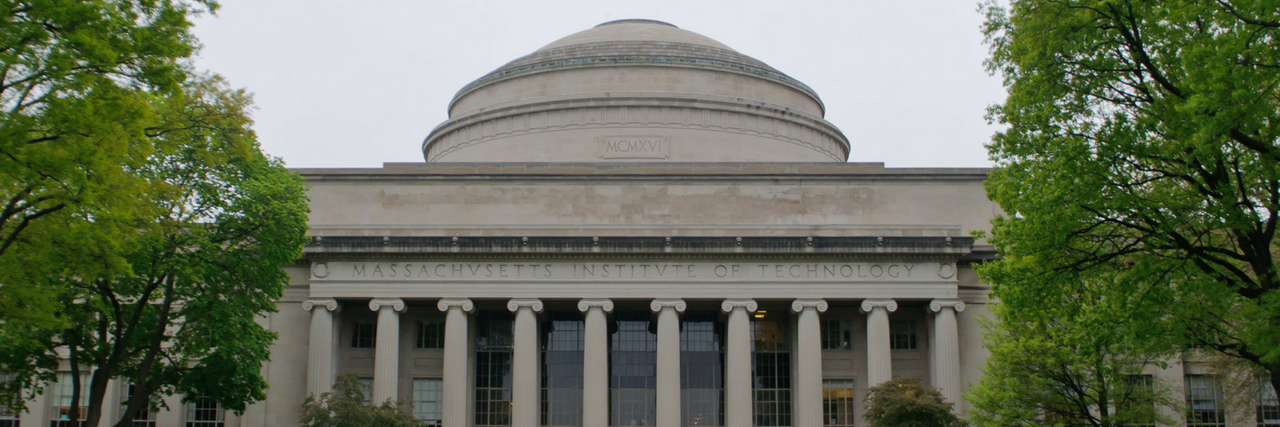Massachusetts’s highest court has ruled that Massachusetts Institute of Technology is not responsible for the suicide of a graduate student in 2009.
Han Duy Nguyen, 25, was in the marketing program at M.I.T. and had sought help for testing issues in classes and insomnia. He had a history of depression and two previous suicide attempts. Nguyen had seen nine mental health professionals — all of whom were not affiliated with the university and did not think Nguyen was at imminent risk for suicide, according to court documents. The documents also state Nguyen was not open to receiving help from M.I.T. resources.
The university, two professors and assistant dean were all named in the wrongful death lawsuit by Nguyen’s father, Dzung Duy Nguyen. The father’s lawyers claimed they were all negligent in not preventing the suicide.
On May 7, the court ruled this was not the case, and said that students are adults and “universities are not responsible for monitoring and controlling all aspects of their students’ lives.” The court did say that in certain circumstances, a “special relationship” between a university and student could mean a duty to take “reasonable measures to prevent suicide.”
According to court documents, a special relationship would include if the student had a previous suicide attempt while enrolled at the university or if the student states plans or intentions. Universities have a higher risk of liability if they ignore or mishandle suicidal threats or attempts.
“Universities recognize their students’ adult status, their desire for independence, and their need to exercise their own judgment,” court documents state. “Consequently the modern university-student relationship is respectful of student autonomy and privacy.” This includes students mental health decisions, such as Nguyen’s to not receive mental health care at M.I.T.
Suicide is the second leading cause of death among college-aged people with an average of 1,100 students dying by suicide each year, Because of a large need for mental health services in college, most college counseling centers and other resources are unable to meet the growing need for support.
Photo via Massachusetts Institute of Technology

